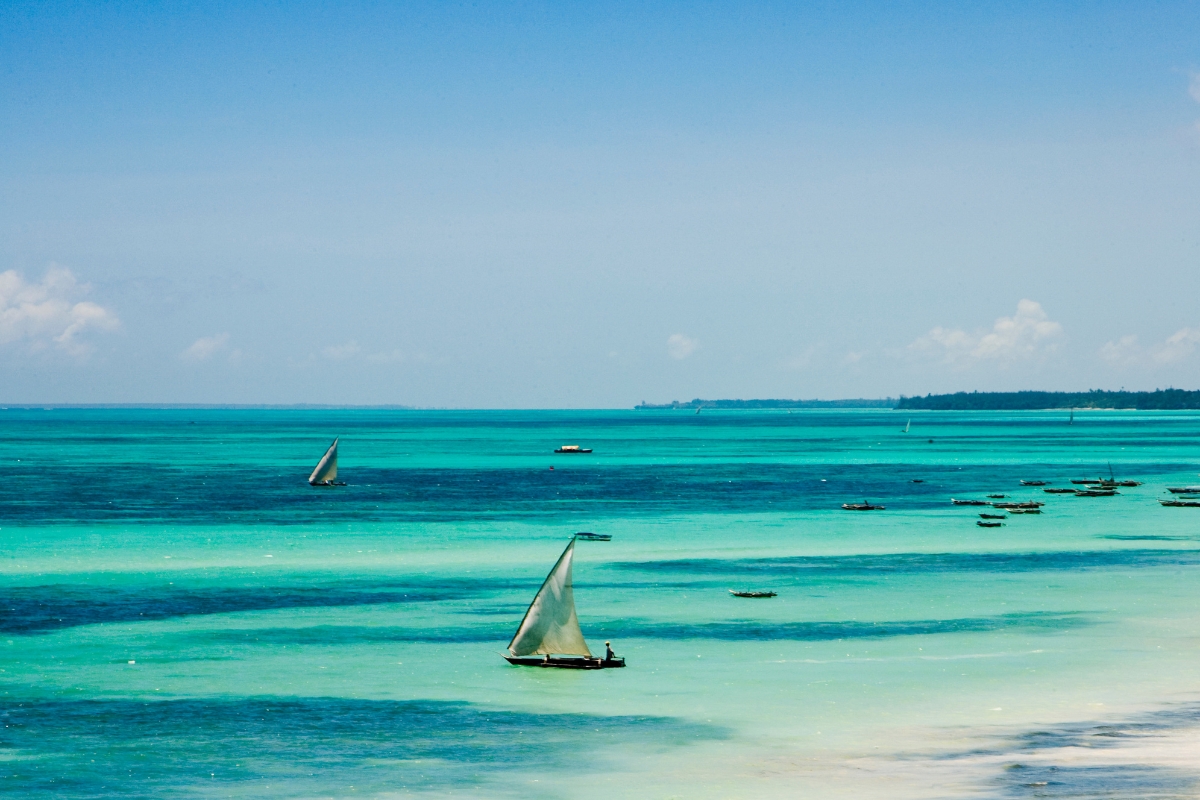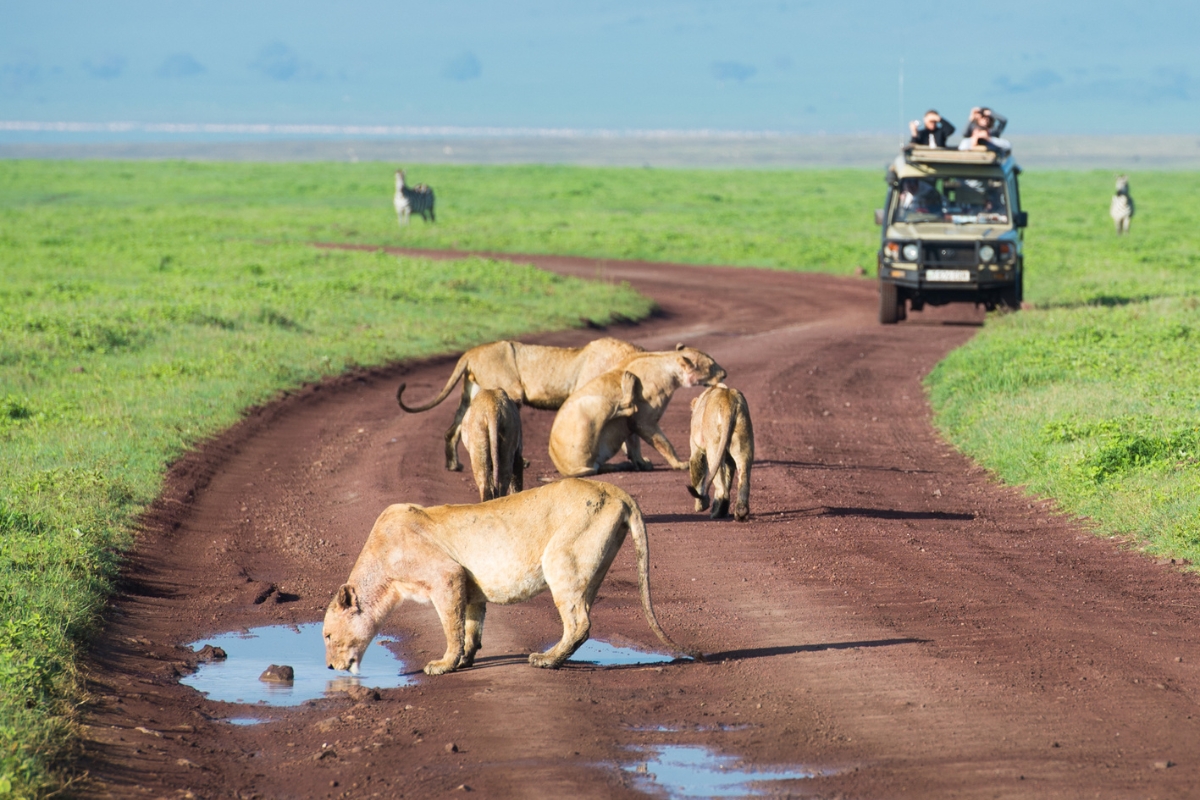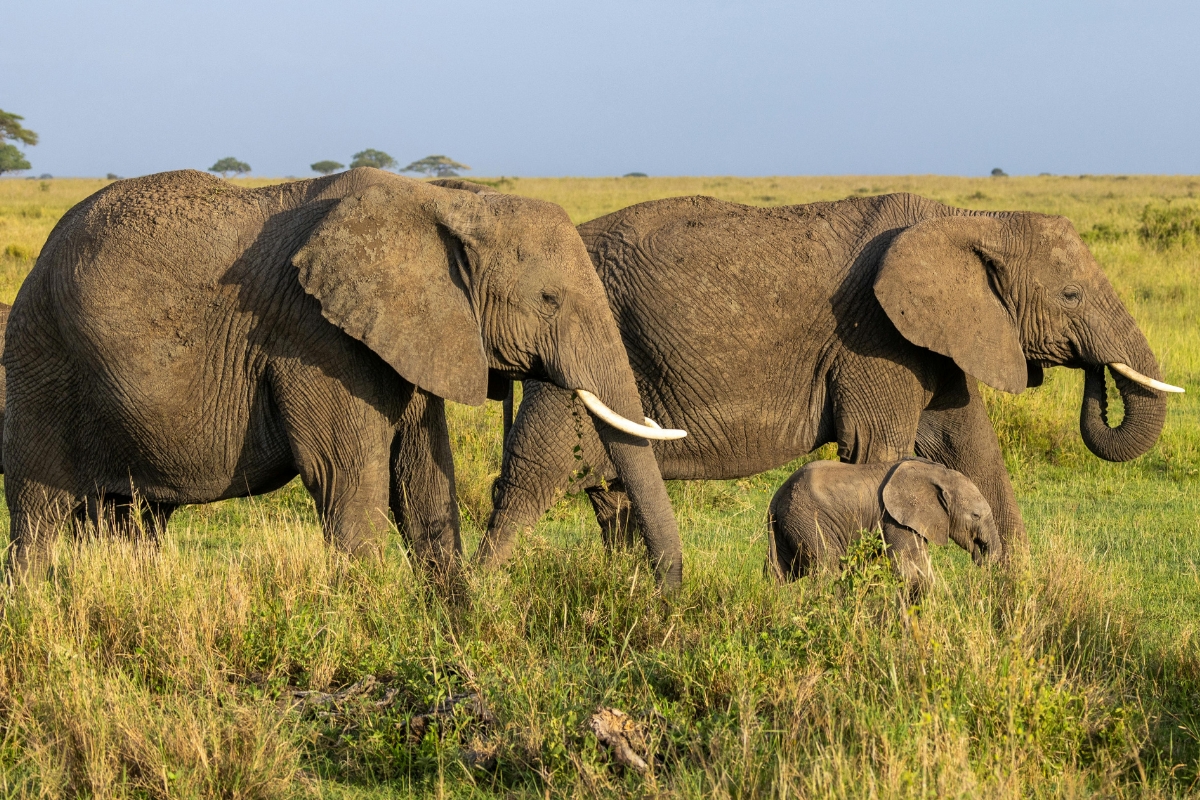Tanzania, home to the Serengeti, Mount Kilimanjaro, and Zanzibar’s pristine beaches, is a dream destination for nature lovers and adventure seekers. The best time to visit depends on what you want to do while you’re there.
Summer (December to March): Babies and beaches
Summer in Tanzania is warm and dry, making it an excellent time for wildlife safaris and beach vacations. From December to March, the Southern Serengeti comes alive with the Great Migration’s calving season. Thousands of wildebeest give birth, attracting predators like lions and cheetahs in a fight for survival that puts Hollywood blockbusters to shame. (For a comprehensive guide to witnessing the Great Migration, please read this article.)
For beach lovers, Zanzibar is at its best during these months, with clear skies and warm waters perfect for snorkeling, diving, and relaxation. The intoxicating Spice Islands offer a perfect escape after an adventurous safari.
Section Type: standardWidthImageS
Beautiful ocean views of Zanzibar.

Fall (April to May): Green season and fewer crowds
April and May mark Tanzania’s long rainy season, turning the landscape into a lush, green paradise. While some roads in national parks can become muddy, this is a fantastic time for photographers looking to capture stunning scenery and it’s also a time of fewer tourists.
Lodges and safari camps often offer discounts, making it an ideal time for budget-conscious travelers. The birdwatching is spectacular, with migratory birds filling the skies. If you visit during this best time it’s probably best to avoid Zanzibar and the coast, as these areas can experience torrential rains.
Section Type: standardWidthImageS
Get the chance to spot zebras in Tanzania’s green season.

Winter (June to August): The Great Migration and Mount Kilimanjaro
Winter in Tanzania is the best time for game viewing, as the dry season sets in and animals gather around waterholes and rivers. From June to August, the Great Migration moves through the Serengeti, heading towards the Mara River, where dramatic river crossings take place.
This is also the best time to climb Mount Kilimanjaro, as the dry weather provides ideal trekking conditions. Clear skies offer breathtaking views from Africa’s highest peak. (Climbing the mountain is a serious test of endurance that requires months of planning, so do let us know if it’s on your bucket list.)
Section Type: standardWidthImageS
Embark on a guided safari to witness lions!

Spring (September to November): Wildebeest crossings and shoulder season
Spring is a fantastic time to visit Tanzania, with September offering the last of the dramatic river crossings in the northern Serengeti. The weather remains dry, and the parks are less crowded than in peak season.
By November, the short rains begin, refreshing the landscape without disrupting travel too much. This is also a great time for visiting Tarangire National Park, where large elephant herds gather.
Section Type: standardWidthImageS
Witness a herd of Elephants in Tarangire National Park.

Section Type: cta
See it for yourself
No matter when you visit, Tanzania’s diverse landscapes and abundant wildlife promise an adventure like no other. Check out our most popular East Africa tours here. Then speak to one of our Destination Experts and start planning your trip today!

 Africa
Africa Africa
Africa